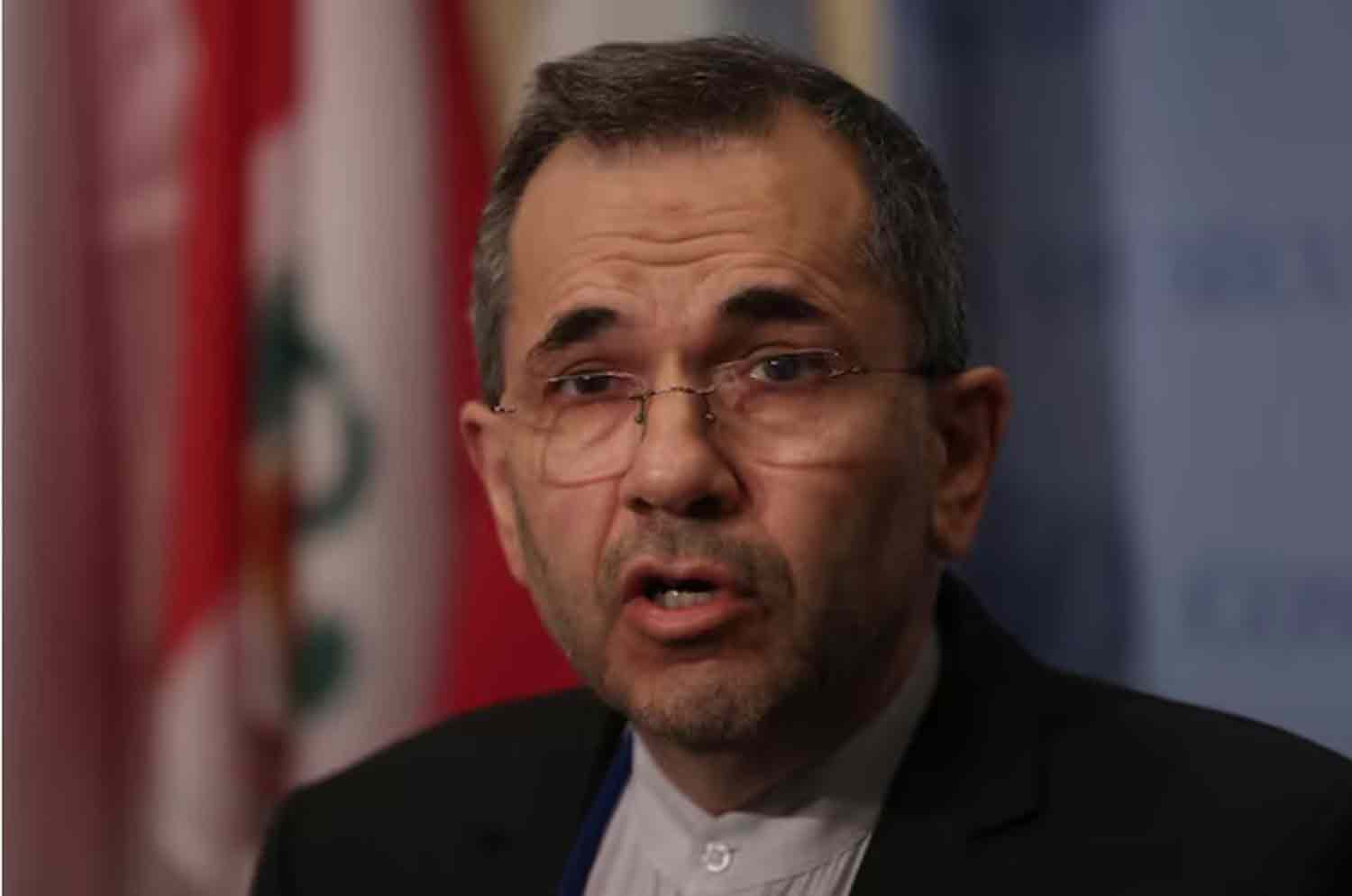European and Iranian diplomats are set to convene on Friday to explore the possibility of engaging in substantive discussions in the upcoming weeks aimed at alleviating regional tensions, particularly concerning Tehran’s contentious nuclear program, ahead of Donald Trump‘s anticipated return to the White House.
These meetings, taking place in Geneva—where significant progress was made in nuclear negotiations over a decade ago, culminating in a 2015 agreement—mark the first diplomatic interactions since the U.S. election. The objective is to determine if any progress can be achieved before Trump’s inauguration on January 20.
Iran‘s deputy foreign minister and chief nuclear negotiator, Majid Takhteravanchi, will meet with senior diplomats from Britain, Germany, and France, collectively referred to as the E3, on Friday, following discussions with the EU’s chief coordinator the previous evening.
The deep-seated mistrust between the parties was underscored when the E3 nations advanced a resolution on November 21, directing the U.N. atomic watchdog to prepare a “comprehensive” report on Iran’s nuclear activities by spring 2025, despite limited Iranian commitments to reduce uranium enrichment.
As a result, the Geneva meetings are expected to serve primarily as a brainstorming session, concentrating on shared concerns regarding Trump’s approach to the issue, according to diplomats.
European, Israeli, and regional officials anticipate that Trump’s forthcoming administration, which includes prominent Iran critics such as his Secretary of State nominee Marco Rubio, will implement a “maximum pressure” strategy aimed at crippling Iran’s economy, similar to efforts made during his first term.
There are indications that he may pursue a significant agreement involving regional stakeholders to address the various crises affecting the area.
In recent months, the E3—comprising the European signatories of the 2015 agreement—have adopted a more stringent approach towards Iran, particularly following Tehran’s increased military assistance to Russia amid the conflict in Ukraine. Nevertheless, they have consistently emphasized their intention to balance pressure with dialogue.
According to three Iranian officials, Tehran’s main goal is to explore avenues for the “lifting of sanctions” that have been in place since 2018, when former President Trump withdrew from the 2015 nuclear accord with six global powers.
“Authorities have resolved to break the nuclear deadlock… the aim is to utilize the Geneva meeting to identify areas of consensus, and if we make progress, Washington could potentially engage at a later point,” one official stated.
GOOD FAITH
Since 2018, Iran has intensified its nuclear activities while restricting the International Atomic Energy Agency’s capacity to oversee them.
“There won’t be an agreement until Trump is back in office or until there are serious discussions regarding the framework of a deal,” remarked Kelsey Davenport, director of non-proliferation policy at the Arms Control Association.
“However, the Europeans should urge Iran to clarify which elements of its nuclear program it is open to negotiating and what regional security changes would be necessary for Iran to consider nuclear concessions.”
A European official indicated that the main objective is to establish a timeline and framework for initiating good faith discussions, ensuring that there is a definitive commitment from Iran to start negotiating concrete terms prior to Trump’s potential return to power. Representatives from both parties acknowledge that the nuclear issue is merely one facet of the discussions, which will also encompass Tehran’s military ties with Russia and its regional influence, amid rising concerns that escalating tensions between Iran and its longstanding adversary, Israel, could lead to a full-scale conflict, already exacerbated by ongoing strife in Gaza and Lebanon, as well as reciprocal attacks between the two nations.
In announcing a ceasefire in Lebanon on Tuesday, Prime Minister Benjamin Netanyahu stated that the decision was partly aimed at redirecting Israel’s attention towards Iran.
While Trump’s potential return raises numerous uncertainties, four European diplomats expressed that the E3 nations believe it is crucial to engage at this moment, as time is of the essence. Western powers are optimistic that Iran will opt to commence negotiations regarding new limitations on its nuclear activities, although these would be less extensive than those established in 2015, with the goal of reaching an agreement by summer.
In exchange, sanctions would begin to be eased, although the most severe sanctions impacting Iran’s economy originate from Washington. Given that Iran has significantly exceeded the uranium enrichment limits set by the previous agreement, it remains uncertain whether Trump would support negotiations aimed at establishing new restrictions before the existing ones from the 2015 deal are lifted on the “termination day” in October of the following year.
If new restrictions are not established by that time, the report could bolster the argument for “snapback,” a mechanism under the 2015 agreement that allows the issue to be referred to the U.N. Security Council, enabling the reimposition of sanctions that were lifted under the deal. Iran, which has consistently maintained that its nuclear program is for peaceful purposes, has cautioned that it would reconsider its nuclear policy if such actions were taken.
Discover more from Defence Talks | Defense News Hub, Military Updates, Security Insights
Subscribe to get the latest posts sent to your email.





